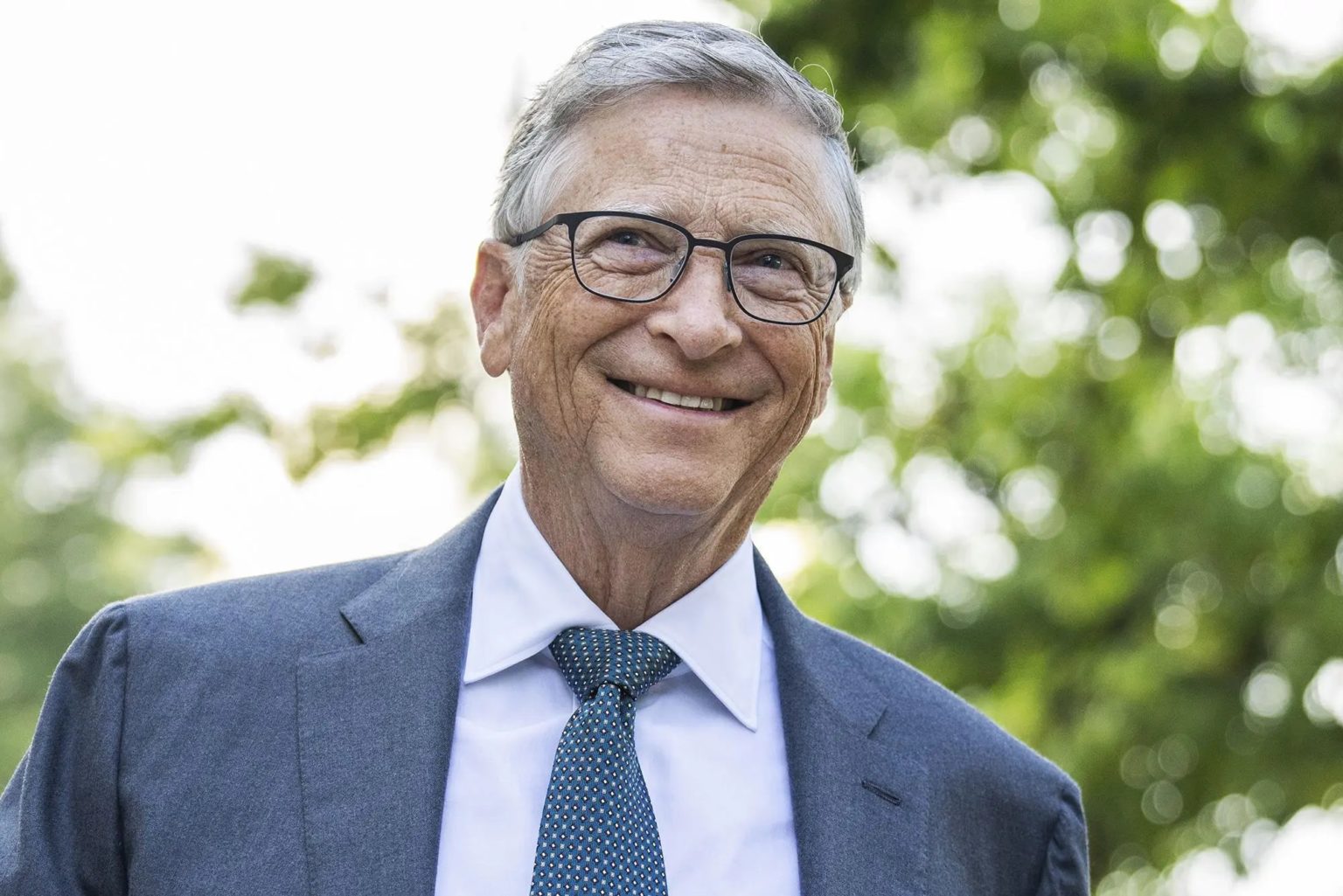Abuja, Nigeria – In a significant commitment to Nigeria’s development, Microsoft co-founder and philanthropist Bill Gates has announced a $2.8 billion investment in the country’s healthcare, nutrition, and agricultural sectors.
Gates made this declaration during the National Economic Council (NEC) meeting held on Wednesday at the Presidential Villa in Abuja, presided over by Vice President Kashim Shettima.
Gates, who co-chairs the Bill & Melinda Gates Foundation, emphasized the urgent need to prioritize investment in the Nigerian people, describing the country’s population as its greatest asset. He reiterated his foundation’s commitment, noting that this investment is the largest of its kind in Africa, underscoring Nigeria’s strategic importance in the global fight against poverty and disease.
Investing in Primary Healthcare
Addressing the country’s economic challenges, Gates underscored the significance of primary healthcare as a cornerstone of Nigeria’s future prosperity. He argued that health is the bedrock upon which all other opportunities rest, lamenting the nation’s current allocation of only N3,000 per person annually to primary healthcare. This amount, Gates said, is insufficient given the health challenges Nigeria faces, particularly in maternal and child health.
“Without health, there can be no opportunity,” Gates remarked, calling for a reversal of the current healthcare funding structure. He urged Nigerian leaders to not only allocate more resources but also ensure the timely disbursement of funds to improve healthcare infrastructure and outcomes.
Gates highlighted the success of recent healthcare initiatives, such as the Human Papillomavirus (HPV) vaccination campaign, which reached over 12 million girls in just one month. While commending the achievement, he stressed that more needs to be done to sustain and expand these efforts. He called for data-driven decision-making to ensure the efficiency of healthcare delivery and the optimal management of the workforce in this sector.
Tackling Child Malnutrition
Beyond healthcare, Gates expressed grave concern over Nigeria’s alarming rates of child malnutrition, which contribute to nearly half of the country’s child mortality cases. He advocated for a multifaceted approach that includes greater private-sector involvement in food fortification and tighter compliance with nutritional mandates at the state level.
“Nigeria’s children are the future, and their malnutrition is a threat to that future,” Gates warned, pressing for solutions such as affordable maternal health interventions. He highlighted the importance of multiple micronutrient supplements (MMS), which could prevent millions of cases of anaemia among women and save thousands of newborn lives.
Agricultural Sector Reforms
Turning to agriculture, Gates noted the growing challenges posed by food insecurity, exacerbated by climate change and outdated farming practices. Nigeria’s agricultural sector, he said, requires immediate attention, particularly in the areas of extension services, fertiliser distribution, and infrastructure development.
He advocated for the adoption of innovative crop varieties that offer higher yields and greater resistance to pests. Notably, Gates praised new cassava varieties developed with the support of the Gates Foundation, which have the potential to transform Nigeria’s food landscape.
“Food security is not just about feeding the population; it’s about ensuring that Nigeria has the agricultural foundation it needs to support its economy and withstand the impacts of climate change,” Gates said.
A Vision for Nigeria’s Future
Throughout his address, Gates reaffirmed his foundation’s long-term commitment to Nigeria. He acknowledged the difficulties of reversing the country’s current economic stagnation and rising national debt but expressed optimism that with smart investments, innovative thinking, and dedicated leadership, Nigeria could chart a new course.
“By putting the Nigerian people first, Nigeria’s leaders can build a better future,” Gates concluded. “I still believe in the grand vision of Nigeria’s future, and that future depends on all of you.”
With this pledge, Bill Gates has once again demonstrated his unwavering belief in Nigeria’s potential.
His call for increased investment in healthcare, nutrition, and agriculture serves as a reminder of the challenges the country faces, but also as a beacon of hope for what can be achieved through collaboration, innovation, and leadership.




